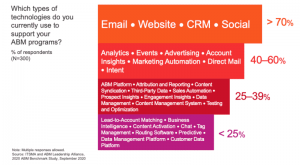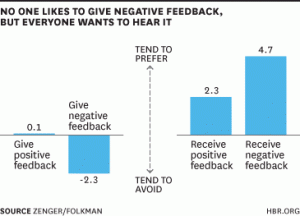Google To Limit Cross-Device Tracking On Android Phones
Google today announced a multi-year initiative to curtail cross-device tracking on Android phones. The initiative is part of the company’s Privacy Sandbox program that will introduce new, more private advertising solutions.
The changes will limit sharing of user data with third parties and operate without cross-app identifiers, including advertising ID. The company also said it is exploring technologies that reduce the potential for covert data collection, including safer ways for apps to integrate with advertising software development kits (SDKs).
“The industry must continue to evolve how digital advertising works to improve user privacy,” Anthony Chavez, vice president of product management of Android Security & Privacy at Google, wrote in a post.
Last year, Google introduced improvements to advertising ID, user-resettable ID for advertising provided by Google Play services, but the company believes it can do more.
The changes come as more companies prepare to eliminate tracking cookies from Google’s operating system, Chrome, and as the company faces scrutiny in Europe from regulators who continue to examine a variety of ad targeting options.
Smartphone apps, ranging from news publications and video games and more, share a string of letters and numbers connected to an individual device that allows ad-tech companies to infer interests from the user’s online behavior. Those inferences power an industry worth
Mobile-delivered internet ads are projected to represent $117 billion by 2024, according to the Interactive Advertising Bureau (IAB) Outlook report from March 2021, citing PwC Entertainment and Media Outlook data.
The changes Google could impact the way companies measure campaigns and budget ad spend, similar to the way Apple’s decisions to implement the App Tracking Transparency (ATT) framework did.
If marketers can’t track the dollars spent in buying media, they will take their dollars elsewhere.
Apple in 2021 made tracking and data gathering changes across iPhones by prompting users to allow or prevent an app from tracking them. U.S. users opted out of tracking more than 80% of the time, according to The Wall Street Journal, citing data from the mobile-app analytics provider Flurry.
The changes to the Android OS could continue become an additional financial blow to Meta. Facebook’s parent company reported during its Q4 2021 earnings call that Apple’s changes would cost it $10 billion in lost sales this year.
Some of that money from agencies and digital consultancies have transferred from Facebook to other platforms. Bounteous, which supports companies like Wawa, and Domino’s Pizza, has shifted funds because the company no longer has as much insight into conversions.
Marketers who cannot track the dollars spent in buying media could end up taking their dollars elsewhere.
“Facebook had been a huge area for advertising until the advent of iOS 14, when 80% of consumers chose not to be tracked by the platform,” said Jillian Tate, insights-driven digital marketer at Bounteous. “It became more difficult to target and reach consumers, and much more challenging to determine who we sold product to, as well as track it back to the ad campaign.”
She said the month went toward search engine marketing and other social platforms. It’s also easier to track conversions in other channels like display and video, but anticipates that to change in the future.
“As a media planner it has become much easier to test and learn from other social platforms like Snap and Tiktok,” she said in a conversation last week with Search & Performance Marketing Daily. “Clients are more open to try other platform, since it has become more challenging to prove out the value of Facebook.”
Ariel Norwood, senior director of marketing engagement at Bounteous, added that attributing sales to one source or more difficult to target with personalized ads presents new challenges and questions on how marketers will approach different channels.
“If down the road we know we will need first-party data, it might affect how we prioritize how we grow our leads or collect first-party data on social channels and where we send personalize messages.”
Marketers will need to become a lot more creative as restrictions continue to grow, Norwood said.
Beginning today, developers can review Google’s preliminary design proposals and share feedback on the Android developer site. The plan is to release developer previews this year, with a beta release by the end of 2022.
The company also plans to release regular updates on designs and timelines.
(26)
Report Post







